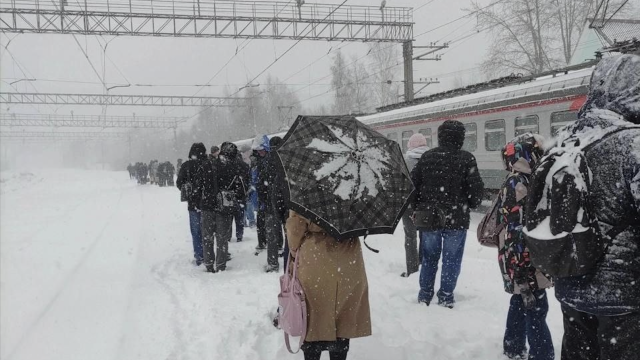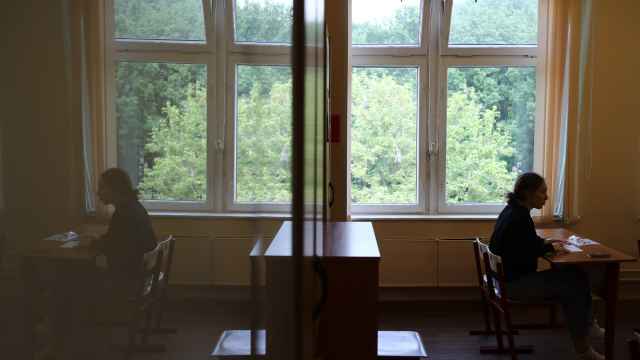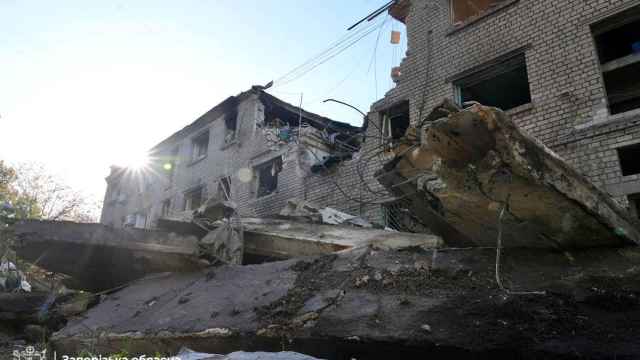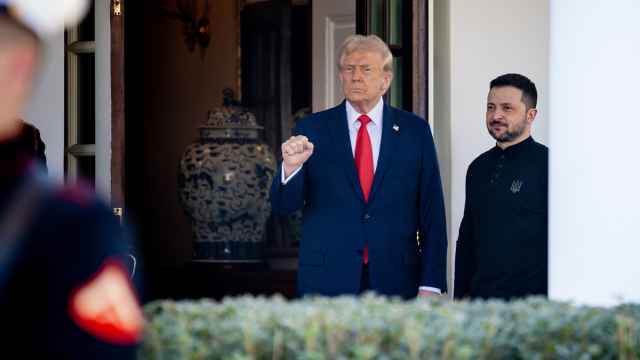Commerce on the Russian Internet amounted to $10.4 billion in 2011, according to media reports — an increase of 30 percent over the previous year — as leading e-commerce websites like Avito.ru saw huge increases in users and turnover.
The local equivalent of eBay, Avito.ru was launched in 2007, but began to see significant growth in 2010.
The site provides a free marketplace for individuals selling goods, but also charges for premium services to entrepreneurs and small business.
“When I arrived in Russia five years ago, everybody told me that this will never work here,” Avito.ru general director Jonas Nordlander told The Moscow Times.
Avito.ru’s income hit $10 million last year — a tenfold increase over the previous year, and the company expects to triple that in 2012, if positive market dynamics continue. The site saw 460 billion rubles ($15 billion) in commercial activity in 2011, up from 40 billion in 2010.
Despite the activity, the company still doesn’t turn a profit.
“In the beginning, we didn’t focus on profit, but on the quality of our product. And we keep investing in it,” Nordlander said. “Every startup has its challenges — never believe those who say they have no problems. We made mistakes. … We lost a lot of money. In the beginning, we hired those who weren’t taken by companies like Yandex,
Mail.ru or Mamba.”
Venture capital holding Fast Lane Ventures got involved in e-commerce beginning in 2010. “Demand from consumers appeared and e-commerce became a logical solution for it,” Fast Lane’s chief executive Marina Treshchova told The Moscow Times.
Fast Lane Ventures now has 15 projects in various segments, including online trading, tourism, real estate and health. Their upfront investments for e-commerce could reach 500 million euros ($651 millions).
“But everything depends on business model. Some need $20 million, others $4 million or $5 million,” she added.
All of Fast Lane’s e-commerce projects leverage their homegrown startup methodology called FAST-50, which endeavors to bring the company from inception to rollout within 50 days.
“At first, we tried [this approach] on Sapato.ru,” Treshchova said. “Now, it has more than 200,000 orders. In 2012, we plan to reach 100 million euros in trade turnover, and by the end of 2013 — 130 million euros,” she said.
The number of Internet users in Russia reached 60 million by the end of last year, making it the No.1 market in Europe.
A Message from The Moscow Times:
Dear readers,
We are facing unprecedented challenges. Russia's Prosecutor General's Office has designated The Moscow Times as an "undesirable" organization, criminalizing our work and putting our staff at risk of prosecution. This follows our earlier unjust labeling as a "foreign agent."
These actions are direct attempts to silence independent journalism in Russia. The authorities claim our work "discredits the decisions of the Russian leadership." We see things differently: we strive to provide accurate, unbiased reporting on Russia.
We, the journalists of The Moscow Times, refuse to be silenced. But to continue our work, we need your help.
Your support, no matter how small, makes a world of difference. If you can, please support us monthly starting from just $2. It's quick to set up, and every contribution makes a significant impact.
By supporting The Moscow Times, you're defending open, independent journalism in the face of repression. Thank you for standing with us.
Remind me later.






